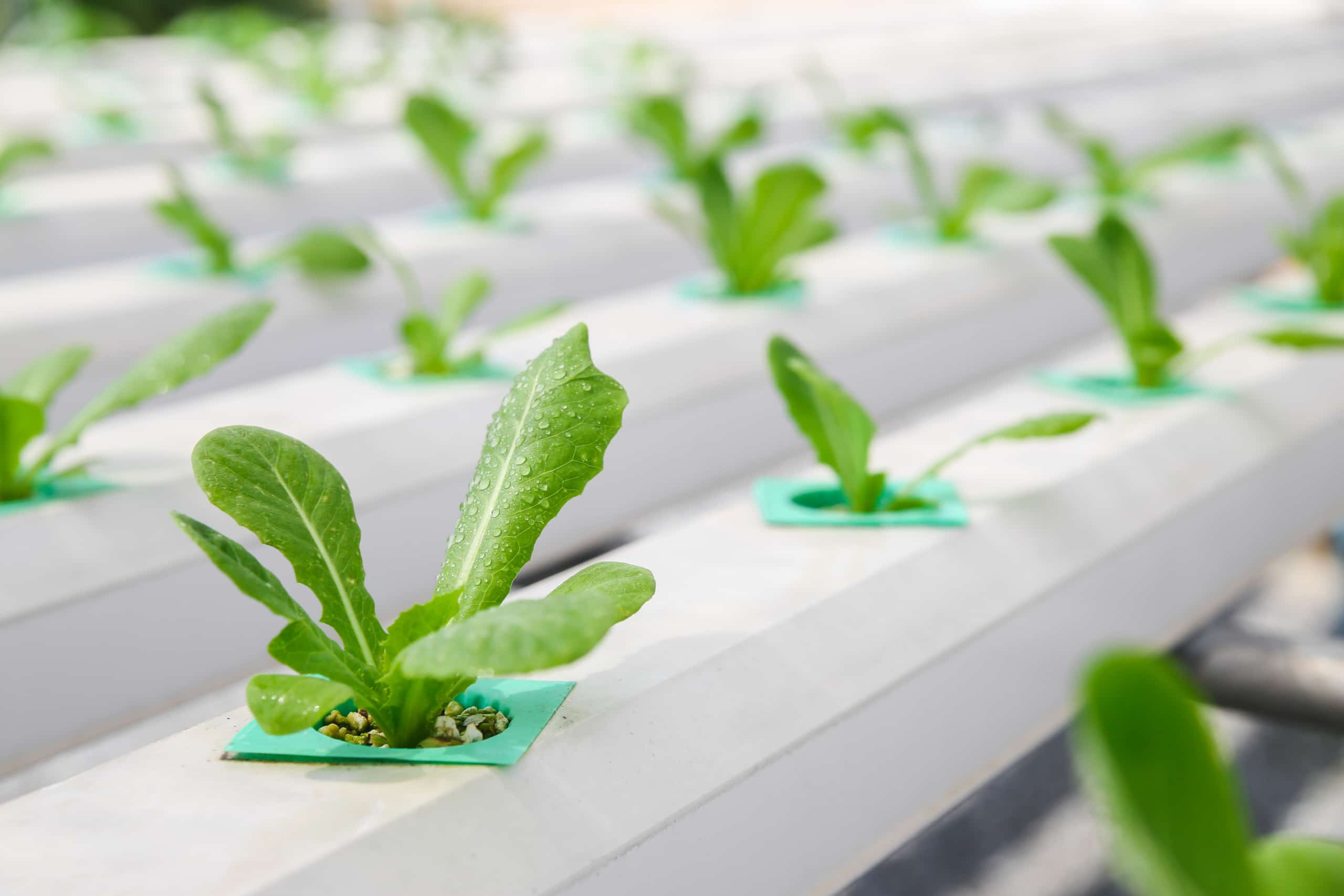Our food system faces unprecedented challenges. These challenges are complex and include everything from ensuring universal access to healthy and affordable foods, to sustainable food production practices and efficient supply chains that minimize environmental impacts, to expanding a sustainable bioeconomy. For all of these challenges, there is no single magic bullet solution; however, the more tools we have, the more agility we have in shaping our food system to address these challenges. One of these tools is indoor agriculture—growing crops inside with the ability to control all environmental inputs.
While there are definitive benefits that can come from indoor agriculture such as potentially shortened supply chains, efficient use of inputs, and less space needed to grow food, there are many obstacles that challenge the economic viability of this industry. These obstacles include the relatively few crops that can be grown indoors profitability, energy used within production systems, and the efficiency of crop production. Like many burgeoning industries, we can overcome these obstacles through research and development.
We began pursuing indoor agriculture a few years ago as I recognized the potential role this budding industry could have in the future of agriculture. At the time, most investments and scientific research were targeted at production systems design and technological advancements to produce grow environments that maximize productivity and profits. However, crops were not bred to grow in these new systems, severely limiting the industries’ potential. Realizing this limitation, we created the Precision Indoor Plants (PIP) Collaborative, a consortium of private sector organizations and FFAR, to accelerate crop adaptation to indoor environments. A slew of activities in the indoor agriculture industry have followed PIP’s creation, which will revolutionize this field when combined with our efforts. These efforts will not only help advance indoor food production, but PIP’s focus may shape new industries centered around plants as a source of bio-based chemicals, leading to a further expansion of the bioeconomy.
Over the next few months, we will be announcing several PIP-funded projects. Our first major project focuses on accelerating growth in lettuce and understanding how to influence lettuce’s shelf-life through genetic and environmental factors. It will also include aspects of speed breeding and the influence of potentially promising microbial volatile organic compounds to accelerate growth. Following that, we will announce projects that include funding for a collaborative project exploring the production of multiple crops for indoor production, a project focused on tomato flavor and architecture for indoor environments, and projects focused on strawberry flavor. These and future high-impact projects will not only lead to the development of crop varieties explicitly for indoor agriculture, but will also increase our understanding of the relationship between environmental factors and genetics to influence phytochemical production and traits such as flavor, shelf-life and nutrition desired by consumers.
In addition to the science, FFAR has invested in relationship-building between our partners, allowing them to share data and resources (sometimes proprietary) with one another that will elevate not only their goals, but the field as a whole. Some of our projects will collect high quality data at a volume that could be leveraged for future efforts. Given FFAR’s mission to build collaborative partnerships to support audacious science addressing today’s food and agriculture challenges, we are exploring opportunities to leverage PIP’s efforts to advance science that benefits both the public and private sector.
Stay tuned in the near future for project announcements released by FFAR and our partners.
